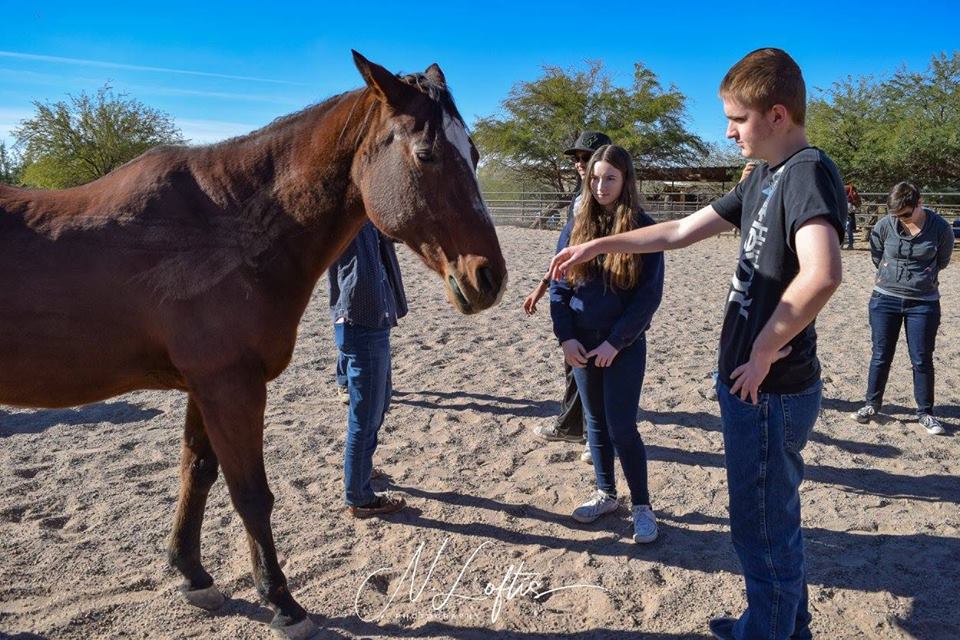Most people have many misconceptions about autism. Four years ago, I was no different than most people. Whenever I thought of autism, I would immediately think of either my best friend’s younger brother who was nearly nonverbal, or jokes I had heard pertaining to it. Thankfully, I had an opportunity to learn how wrong my perceptions of those with autism really were.
I walked into my first orientation for SARRC’s peer mentor program as the youngest person in the room. There were no familiar faces around me, so I was especially nervous. In only an hour, I gained a better understanding of ASD, its prevalence in our community and how it can affect one’s social skills. By the time we all grouped up, the misconceptions I’d previously had about autism disappeared. I was meeting a group of teens who were coming together to help the community and learn something new. That day I had already found common interests among my peers — including those with and without autism — ranging from music to sports to card game preferences. Finding this common ground made it easier for us all to get along and build relationships.
As a peer mentor, I’ve participated in SARRC’s former PowerWorks® program and I am now a part of Good DeedWorks®, where we incorporate fun activities into learning social skills that will help in settings such as school and work, all the while gaining employment skills beneficial for future careers. We participate in activities like memory games, volunteer at interesting places such as Tierra Madre Horse Sanctuary or the Phoenix Herpetological Society, and really help make learning social and life skills more enjoyable for those impacted by autism.
Since 2014, I’ve been privileged to watch my teen peers with autism improve upon social skills in a short period of time. Even the small changes are noticeable. Whether it’s learning to ask for what he or she wants, staying on topic during conversations, asking questions during conversations or using the right amount of eye contact, being a peer mentor has opened my eyes to how much effort it takes individuals with autism to hold a conversation, something I previously took for granted. This program has not only helped teens with autism, but I feel I’ve learned valuable tools that have improved my own communication skills. I pay so much more attention to every action I make and every word I speak now.
Through peer mentoring in SARRC’s CommunityWorks program, I have learned the importance of educating the public about autism to convey how it should not be viewed negatively or as extraordinarily different. One of the messages that stuck with me most throughout the last few years was, “While math may not be my strongest subject, I am not ‘the girl who is bad at math.’ There is so much more that makes me, me. So ‘autistic’ should not be the first word used to describe someone who has autism, because each and every person is so much more than that.”
-Ella Randolph, SARRC CommunityWorks Peer Mentor
Learn more about SARRC’s CommunityWorks program, and 2018-19 availability, by clicking here.
Photo courtesy of N. Loftis Photography

